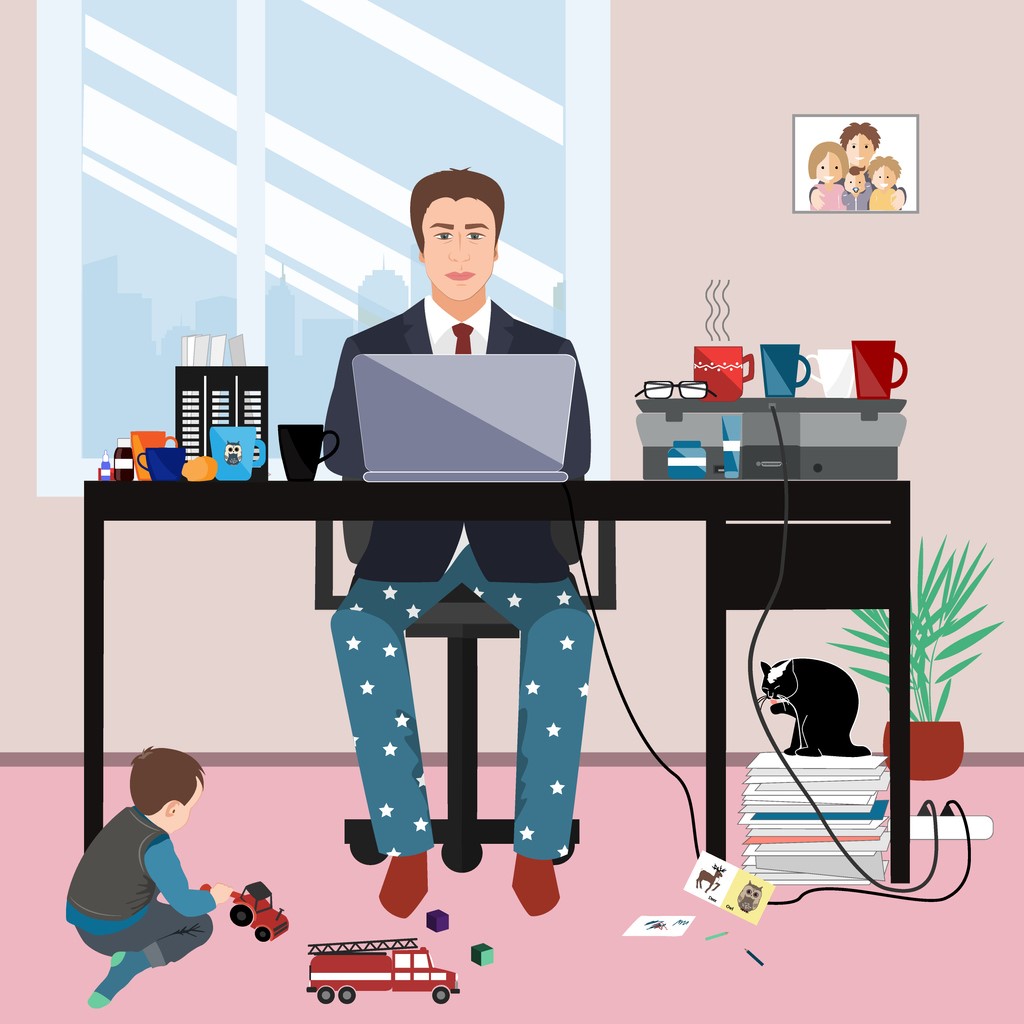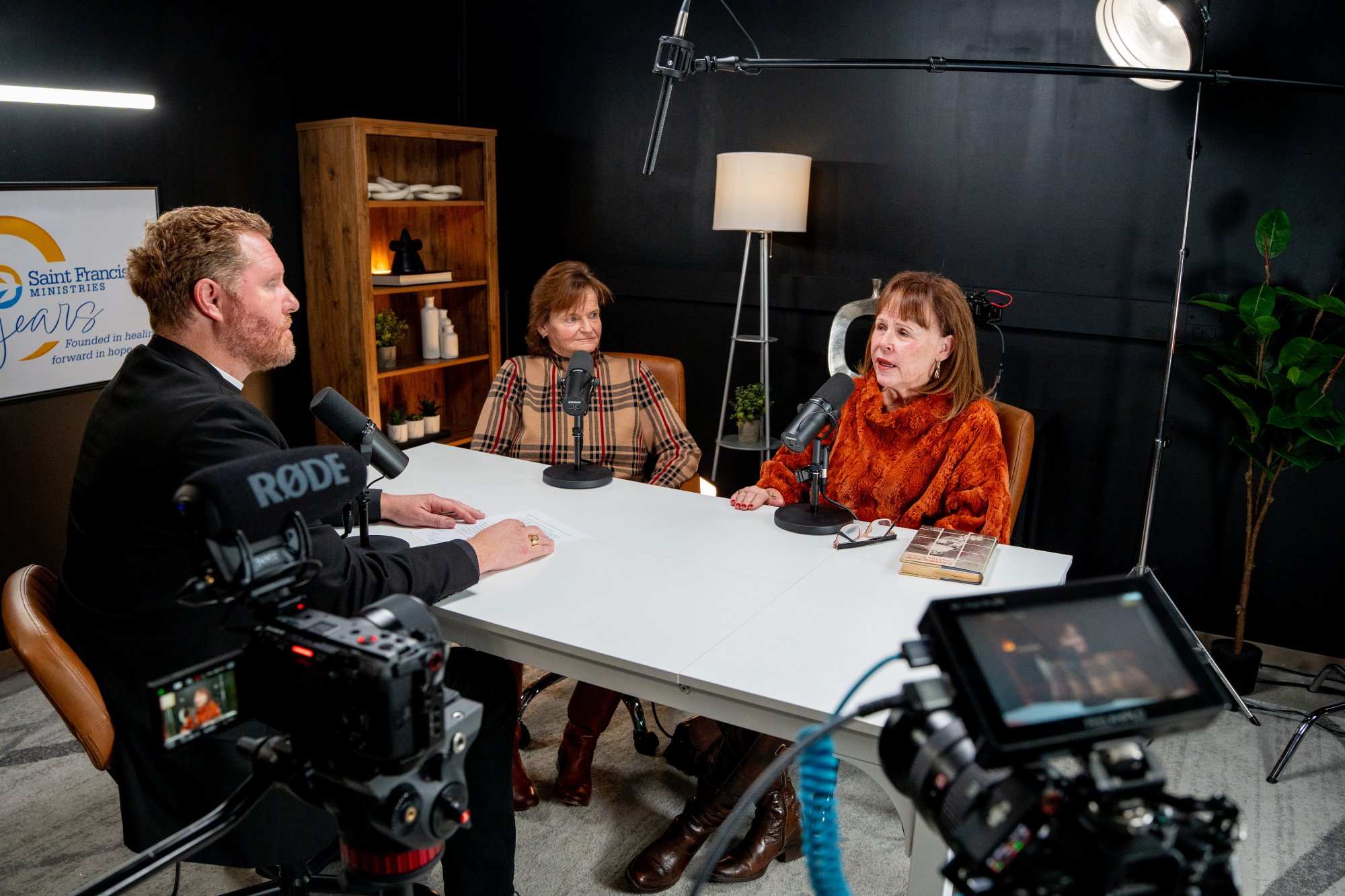So, you’re three weeks into working from home, and you feel exhausted. Yeah, you’re still wearing your sweatpants and t-shirt, but the lifestyle has lost its lustre – especially if haven’t washed those sweatpants for a few days. You’re still chugging along, getting your work done, but some days you just feel like you’re losing steam. Isn’t working from home supposed to make you feel happier, freer, more relaxed?
Well, for the most part, yes. But there’s a lot going on right now. Most of us are inundated with a flood of information, warnings, and distractions. We’re getting it from the news, social media, and even our workplace as organizations struggle to respond to the COVID-19 crisis. Here are a few ideas to navigate the noise and come out of this with most of your mental health intact.
Move.
Seriously, just move. I mean your body, don’t move to another house. I didn’t realize how much I move during the day when I actually have to leave my home and drive to work. At the office, I walk from the parking lot to the building. Multiple times throughout the day, I travel from my desk to the restroom, to the coffee pot, or to the copier – whichever the case may be. At home, those distances are a fraction of what they are at work. I’m literally touching my copier as I type this. That’s how close it is. Take time each day to move, even if it means pacing around your space during a remote meeting. Or, take a walk around the block in the afternoon.
“Now go do that ‘To-Do’ that you do so well.”
I recently came across the following quote from Jane Scudder, certified personal development and career transition coach: “Working remotely creates a unique pressure to appear busy. Because you’re not present in an office, you may feel pressure to be online every hour, make yourself constantly available or otherwise prove you’re spending your time in a productive way.” Makes sense. The last thing we want our supervisor to think is that we’re sitting at home with our feet kicked up and binge-watching “Tiger King.” One way to deal with busyness is to make a daily “To-Do” list.
Consult with your supervisor if you must. Then, focus on the items on that list and nothing else. Finish the list, and you’ll feel like you had a productive day. If you happen to complete your work before 5, spend the extra time preparing for tomorrow – and once the whistle blows, turn off your computer and focus on your family. Finally, go here if you want to hear more from Jane Scudder.
As you practice social distancing, try some social disengagement.
I know what you’re thinking, but hear me out. Earlier, I mentioned information overload, most of which comes to us through our electronic devices. We’re bombarded with so many warnings, that life feels exponentially more intense than it did just weeks ago. I can’t even scratch my nose without analyzing if it’s worth risking my life to relieve the itch. Then, if I do, I scrub my hands like a brain surgeon before and after. It’s ironic that I gave up social media for Lent, yet now I spend more time on Facebook than ever before. But I’m ‘supposed’ to, right? With all this social distancing, don’t we need to stay connected? Of course, we do. Social media is proving itself an essential communication tool. But, there’s nothing wrong with taking a step back from your screens for a day – or, even half a day. If you can, avoid checking your work emails after hours or on weekends. Give yourself a mini vacation from Facebook. Enjoy some down time, maybe even some silence. It heals.
Look for silver linings.
Yes, the news is bad. And it sounds like it will get worse before it gets better. But, there’s more to looking on the bright side than ignoring darker truths. It provides perspective. Every day we hear of extraordinary acts of courage, selflessness, and solidarity performed by people (and animals) around the world. Stories such as these remind us of our interconnectedness and our interdependence. When bad news threatens to overwhelm, it does us good to remind ourselves that there are just as many stories of grace to uplift us. Spend time each day – before you start your work – to contemplate the good things in your life right now. If we think about it, we’re all a little worse off than some and a little better off than others. Practicing gratitude creates a shift in our consciousness by putting our personal situation into perspective. So, go ahead and watch that video of the golden retriever delivering groceries to an elderly neighbor, or of quarantined Italians serenading each other from their balconies. It’s chicken soup for your soul, to borrow a phrase.
For tips, resources, and silver lining stories, follow Saint Francis Ministries on Facebook or visit us at SaintFrancisMinistries.org.
Shane Schneider is Marketing & Communications’ Senior Copywriter.





